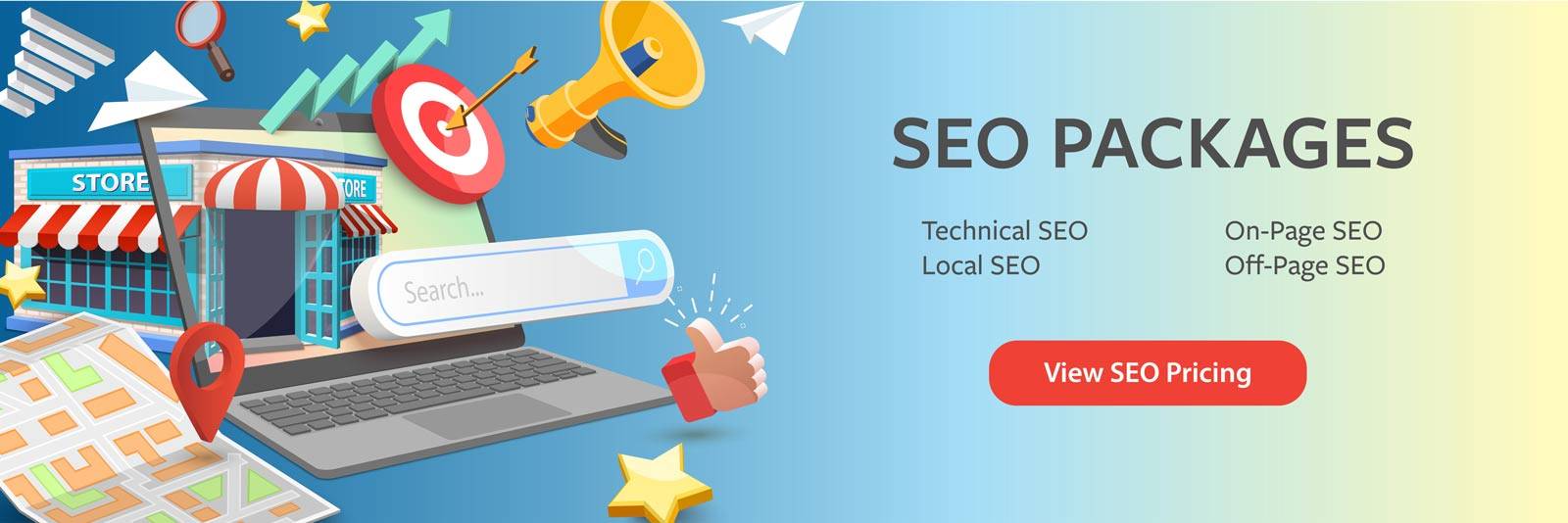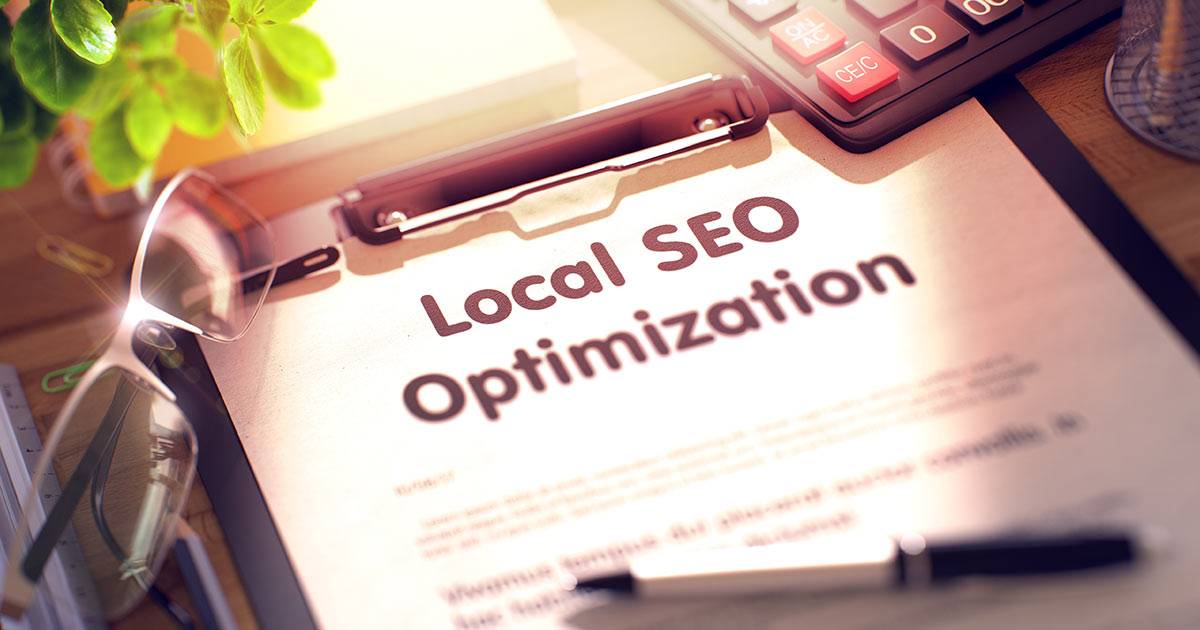Have you ever heard of local SEO? If you haven’t, don’t fret – it’s not as complicated as it sounds. In fact, if you’re a business owner in New Zealand, it could make all the difference for how successful your business is. Let’s dive into the basics of local Search Engine Optimisation (SEO) and how it can help NZ businesses succeed.
What is Local SEO?
Local SEO is an effective way to make sure that people in your area know about your business and find you quickly when they search for a product or service that your business provides. It involves optimizing your website to appear higher in search engine results pages (SERPs) when someone searches with terms related to your business and location. That way, when someone searches “vegan restaurants near me,” they are more likely to see a list of vegan restaurants near them—as opposed to those based in other parts of the world!
Why is Local SEO important?
In today’s digital age, many consumers turn to their phones or computer screens first when looking for information about local businesses. This means that if you want potential customers to be able to find your business online, then you need to invest in local SEO. With local SEO, businesses can increase their visibility online and reach more customers who are actively searching for the products or services they provide. As an added bonus, local search results are often prioritized over global or generic ones – which makes them even more likely to be seen by potential customers.
How does Local SEO work?
One of the most effective ways to optimize for local search results is with Google My Business (GMB). GMB is a free tool from Google that helps businesses manage their online presence across Google Search and Maps. It allows businesses to create profiles that include information such as physical addresses, opening hours, contact details and much more – all of which helps ensure that potential customers can easily find information about your business online. Additionally, GMB also provides valuable insights into how customers interact with your business profile – including clicks through rates on links, customer reviews and more!
NZ businesses can get more eyes on them
Local SEO has become increasingly important over the past few years – especially for small businesses located in New Zealand who want to get noticed online. With tools like Google My Business allowing businesses to easily create profiles and manage their online presence across multiple platforms – properly utilising local SEO can help get more eyes on your business and drive more sales! So if you haven’t already done so – now is the time for NZ businesses owners to start investing in local SEO! Now all you need to do is figure out How to find the best SEO agency…









